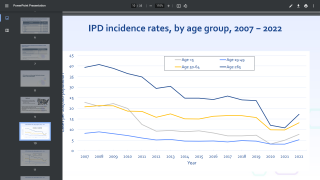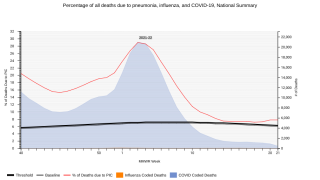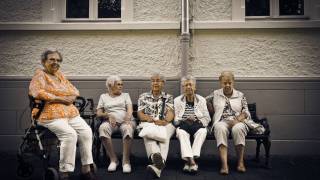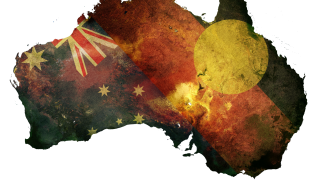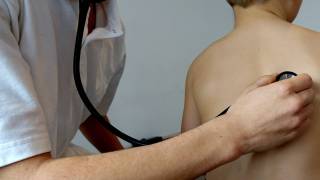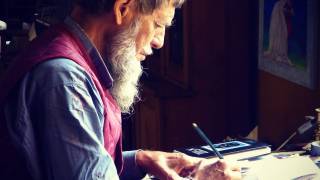World Pneumonia Day Celebrates Vaccines That Save Children
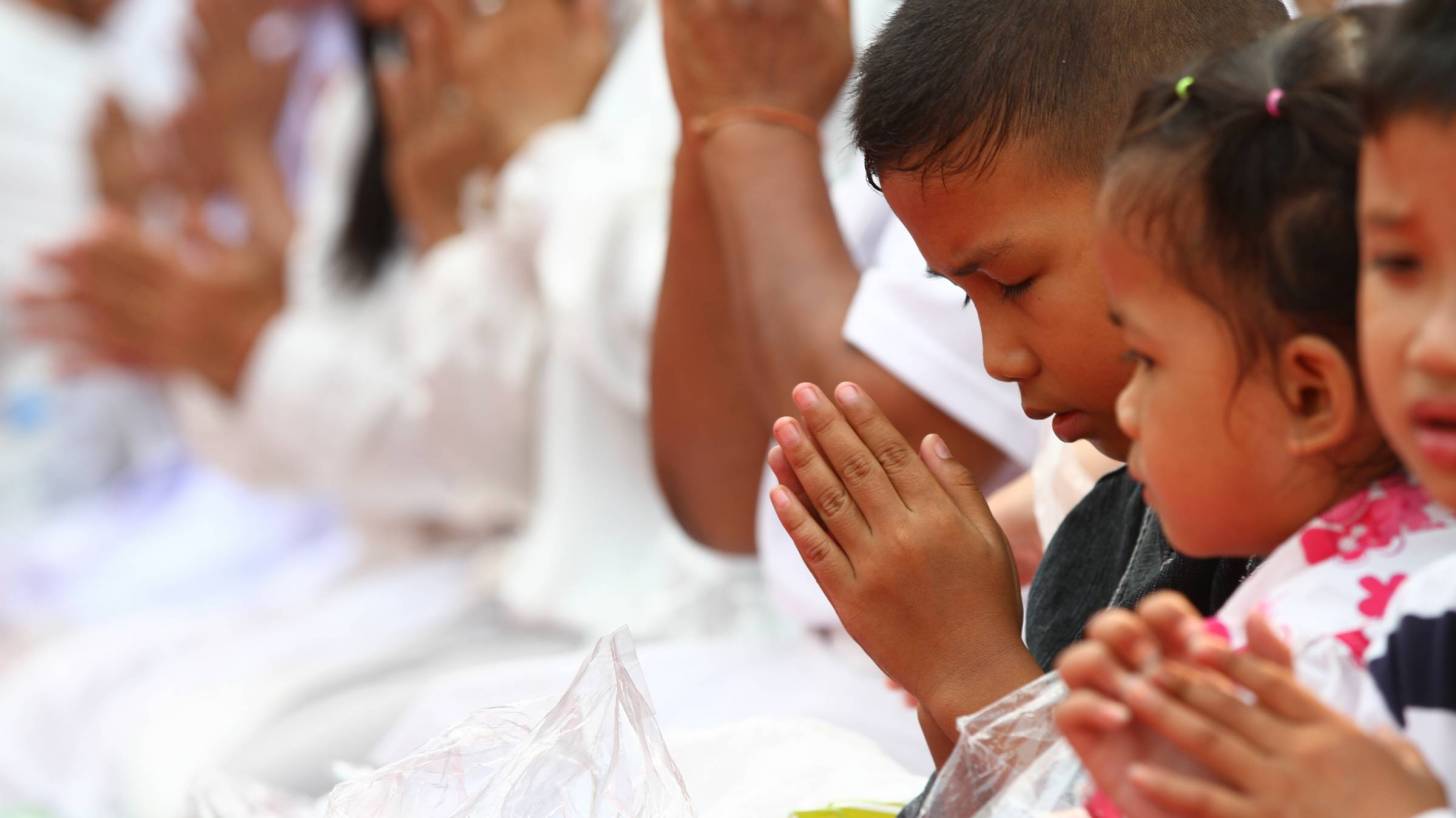
In tandem with World Pneumonia Day, a new study has found severe pneumonia can decrease by 35 percent in children who receive a vaccine against a pneumonia-causing bacteria.
World Pneumonia Day is marked every year on November 12th to increase global awareness that pneumonia is one of the leading causes of deaths in children under 5-years old, despite being easily preventable.
This new research published on November 11, 2019, shows pneumonia is the most common reason why children are admitted to the hospital in Laos, with most requiring treatment with oxygen, especially young infants.
The study found 1 in 5 hospital admissions for children under 5-years of age in Laos is due to pneumonia.
The findings are a collaborative effort between the Murdoch Children's Research Institute (MCRI) and the University of Melbourne along with colleagues in the Asia-Pacific region.
MCRI Professor Fiona Russell, Ph.D., said in this press release ‘because showing the impact of the vaccine against pneumonia was challenging as surveillance systems weren't in place, her team had to think of a new way to illustrate how the vaccine worked.’
Laos was the first country in South-East Asia to introduce the pneumococcal conjugate vaccine (PCV13) into its national immunization program in 2013, which protects against the 13 most common types of pneumococcus.
"Vaccinating children protects the whole community by reducing the spread of pneumococcus because little children who commonly carry pneumococcus in the back of their nose are mostly responsible for the spread of these bacteria," Dr. Russell said.
"While most children with pneumococcus in their nose remain free of symptoms, a small but important proportion of children will have bacteria that spread into the lungs or bloodstream, causing serious infection and possibly death.
"By discovering that the bacteria are commonly carried at the back of the nose, our study highlights that it is likely a significant contributor to severe infections in Laos."
Dr. Russell said ‘the research was among the first to evaluate pneumococcal vaccines in Asia, as pneumococcus was often overlooked as a cause of pneumonia because it is challenging to detect.’
"One of the main causes of death from pneumonia is a lack of oxygen in the blood. Supplementary oxygen is a life-saving therapy that is unfortunately not consistently available across hospitals in Laos," she said.
Professor Russell said her team had developed a new method using data collected from a hospital in Laos, to demonstrate that the vaccine worked against the severest form of pneumonia.
Every year more than 800,000 people die from pneumonia worldwide, but the highest burden of disease is in low-to-middle income countries such as Laos.
‘Although vaccines and other preventative efforts are decreasing the burden of the disease, much more work is still required. Those living in poor communities are at the highest risk of pneumonia.’
‘Every child, regardless of where they are born, deserves access to lifesaving vaccines and medicines,’ says the World Health Organization (WHO).
The US Centers for Disease Control and Prevention (CDC) recommends pneumococcal vaccination for all children younger than 2 years old and all adults 65 years or older. In certain situations, other children and adults should also get pneumococcal vaccines.
There are two kinds of vaccines that help prevent pneumococcal disease.
CDC recommends vaccination with the pneumococcal conjugate vaccine (PCV13 or Prevnar 13®) for:
- All children younger than 2 years old
- All adults 65 years or older
- People 2 through 64 years old with certain medical conditions
CDC recommends vaccination with the pneumococcal polysaccharide vaccine (PPSV23 or Pneumovax23®) for:
- All adults 65 years or older
- People 2 through 64 years old with certain medical conditions
- Adults 19 through 64 years old who smoke cigarettes
Because of age or health conditions, some people should not get certain vaccines and should speak with a healthcare professional for more information.
These researchers collaborated with the Laos National Immunization Program Ministry of Health, Lao-Oxford-Mahosot Hospital-Wellcome Trust Research Unit, the University of Health Sciences, and the WHO.
Funding was provided by Murdoch Children's Research Institute, WHO, National Health and Medical Research Council, Gavi, Vaccine Alliance, and the Bill and Melinda Gates Foundation.
World Pneumonia Day news is published by Vax-Before-Travel
Our Trust Standards: Medical Advisory Committee

